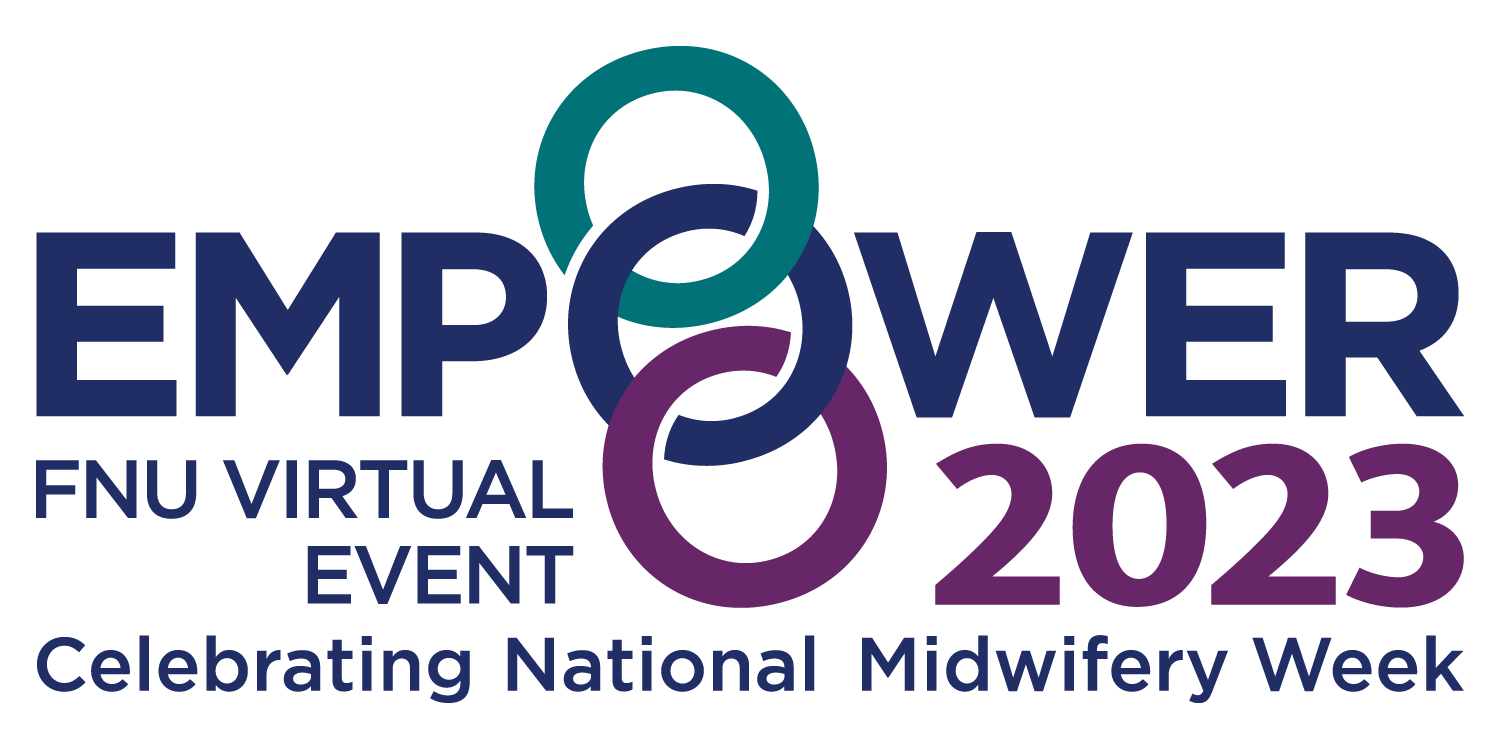Improving the Family’s Experience: Every Encounter Matters
This session will use current evidence and storytelling to guide providers in activities that can be used to enhance client satisfaction and safety. Effective communication, caring, and civility in the clinical setting will be discussed. Learn how to make every client encounter matter - from reception, to provider, to lab. Each interaction influences the patient and family's experience. Today's consumer demands and deserves more than an accurate diagnosis - they deserve an optimal experience.
Cultural Safety and Indigenous Health: Culture, Community & Caring
Indian health services (IHS) is grossly underfunded in the U.S., yet they may be leading the way in terms of patient centered and culturally safe care. IHS clinics serve Native American/Alaskan Native communities in urban and rural areas, and services and care providers are often closely tied to the communities they serve. Community health and traditional health practices are typically incorporated into clinical care and truly collaborative practice is the norm. Health care rhetoric in the U.S. calls for holistic, family centered care, but the reality is, health care delivery often falls short. Come find out what IHS does differently, and in many ways, better.
Weighty Conversations: Obesity and Reproduction, Weight Bias, and Techniques of Motivational Interviewing
Although nearly 50% of reproductive-age women are overweight or obese, providers remain uncertain how to approach conversations about weight. The techniques of motivational interviewing (MI) are an effective way to discuss behavior change and weight loss. This session will review the current research on obesity and reproduction, discuss how basic MI techniques can be incorporated into routine clinical care, and increase provider awareness of societal weight bias.
Free-Standing Birth Centers: A Place for Woman-Centered Care
Join us LIVE from the AABC Birth Institute in Anchorage, Alaska, for a panel discussion with co-editors and some authors of the new book, "Freestanding Birth Centers: Innovation, Evidence, Optimal Outcomes." Through a Q&A discussion, learn about the evolving role of birth centers and the future outlook for the birth center model of care. Compared to the hospital-based birth model, the freestanding birth center offers a well-documented, healthier, more cost-effective, and more humane way to care for women and newborns. This rapidly expanding model of care has many positive implications for high-quality, individualized care and birth outcomes across the United States.
Nurse-Midwives on a Mission: How Can I Make a Difference?
This "reflections" session will reflect on many of the key messages from the sessions shared during FNU's 2017 Virtual Event for National Midwifery Week. Are you wondering "How can I make a difference?" or "What steps can I take to make a change?" Join us as we reflect on some of the key take-aways from the week and the action steps that you can take as a nurse-midwife or future nurse-midwife to truly make a difference in maternity and primary care.
FREE CE: Female Sexual Health and Cancer Survivorship: Art, Science and Quality of Life
Objectives of this one hour session include: Participants will identify two sexual health concerns women have after treatment for cancer; describe how to assess female cancer survivors for sexual health concerns; and identify two non pharmacologic interventions to address female sexual health concerns.
Maximizing Midwifery: Strategies to Expand Access to the Midwifery Model of Care
By many measures, the maternity care system in the United States is not meeting people’s needs during pregnancy and childbirth. Substantial evidence supports the midwifery model of care as a key strategy to improve outcomes, the experience of care, and at the same time, use resources more effectively. Yet, midwives remain an underutilized resource. This […]
Building a Diverse Midwifery Workforce in the United States to Improve Maternity Care Outcomes
The United States has experienced increasing maternal mortality rates over the last 25 years. In fact, each year about 700 women die of pregnancy-related causes and more than 50,000 suffer severe complications but do survive. Women of color suffer at three times the rate of Caucasian women. This presentation will explore how increasing the numbers […]
The Greatest Action Starts with Good Communication
We often confuse the trauma of childbirth with the trauma of a broken maternity care system. It's far too common that women describe their births as traumatic and often, it isn’t the pain of childbirth that haunts them. It’s the way they were treated, how they were spoken to and sometimes, how they were […]
Celebrating National Midwifery Week – Successful Collaboration: Obstetricians and Midwives
Join us for this virtual session with Dr. Susan Stone, FNU President and ACNM President, to kick off National Midwifery Week.
I Wanna Be Part of the Team! Becoming a Nurse-Midwife
This LIVE session is for you if you are a current midwifery student or if you are considering becoming a nurse-midwifery student. Join the Associate Dean of Midwifery and Women's Health and ask your pressing questions. No question is too small!
We’re All in It Together Midwives, Nurses and Physicians: A Team Solution for a Team Problem
This presentation will describe a CNM-designed quality improvement project aimed at decreasing the length of stay in an obstetrical triage unit. Improved team communication, patient engagement and utilization of nurse-driven orders decreased patient time in triage and increased client and staff satisfaction. Learn how a quality improvement project can target a real clinical problem and produce real results!
It’s a Beautiful Day in the Neighborhood: A Community-Based Approach to Improving Perinatal Mental Health
This presentation will explore how empowering women through a shared decision-making process, coupled with community collaboration, can improve the implementation of effective perinatal mental health practices in the obstetric setting and communities at large.





